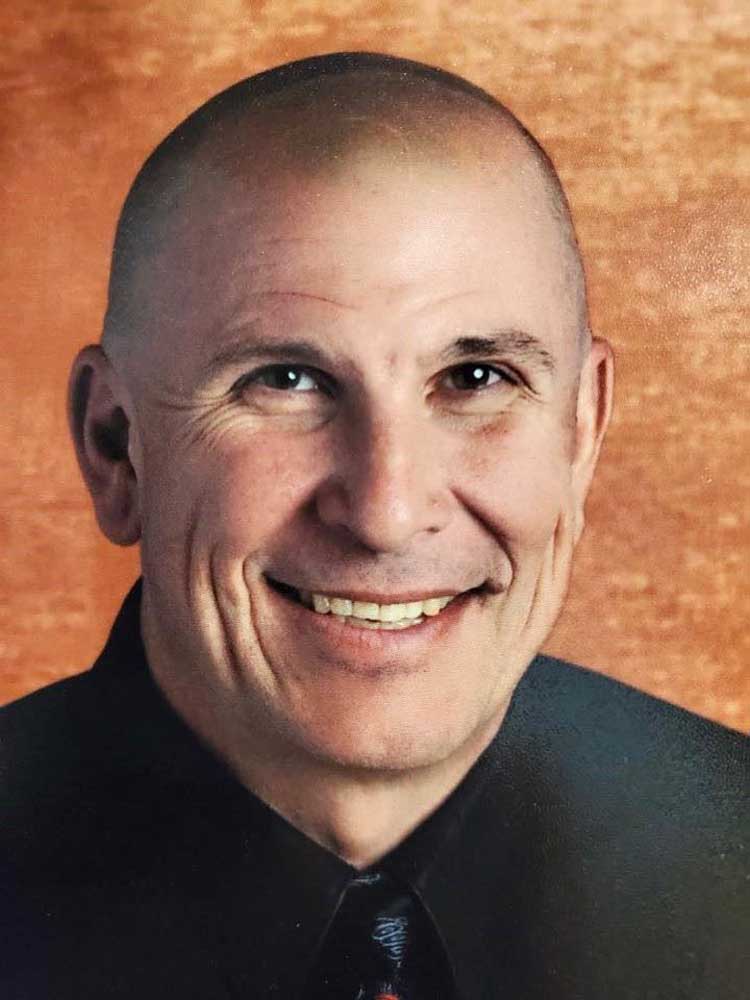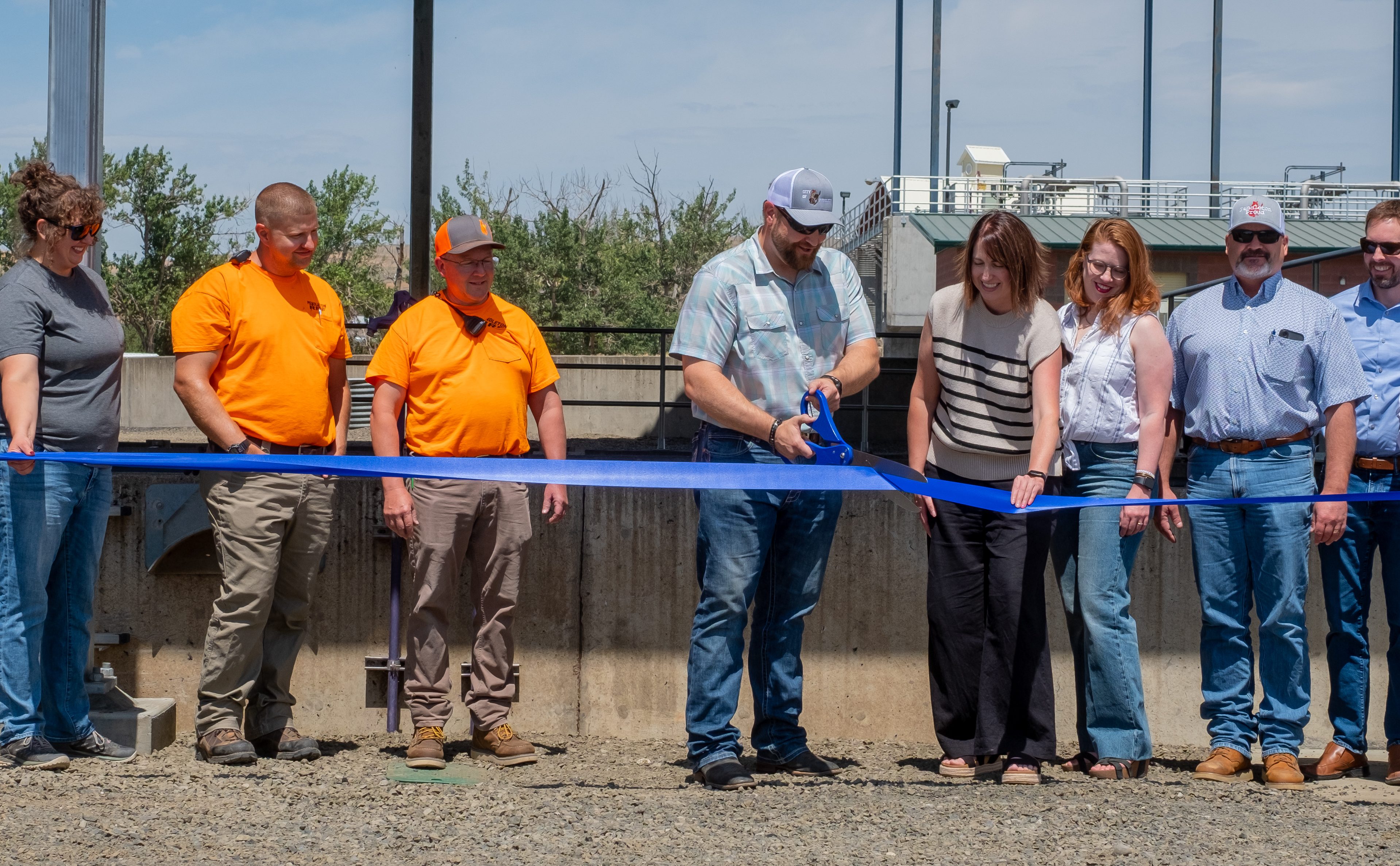It’s a dirty world out there, but a few germs never hurt anyone
Published 3:25 pm Saturday, September 28, 2002
SAN FRANCISCO – My vote for a Nobel prize goes to the Swiss researchers who came up with “the hygiene hypothesis.”
The hypothesis suggests that children who grow up in extremely clean households are more likely to develop certain health problems than children accustomed to a bit more dirt.
Our modern obsession with protecting ourselves from every germ, every dog hair and every fleck of dust might be backfiring. That arsenal of cleaning products in our cupboards might be our undoing. It seems that our immune systems have been so coddled by anti-bacterial soap and Lysol that they don’t build up the musculature to fight off disease. This, the researchers say, could explain the rising number of children today diagnosed with allergies, asthma, eczema and possibly even diabetes.
(The Soap and Detergent Association, whose members produce more than 90 percent of the cleaning products in the United States, felt compelled to issue a statement in response to the study. Hand washing and surface cleaning save lives, it reminded us, just in case we were getting ideas about abandoning our Irish Spring and SoftScrub. Which I kind of was.)
In any event, the study affirms my mother’s casual reassurance, whenever she handed us food that had spilled onto the driveway or into the sandbox, “You have to eat a pound of dirt in your life.” I eventually came to understand that she wasn’t talking only about outside, garden-variety dirt. She meant that swallowing a certain amount of unpleasantness was simply a part of life. Similarly, the hygiene hypothesis, as I see it, isn’t only about the harm of overprotecting our kids from germs and bacteria.
It is about swooping in at 11:10 p.m. on a Thursday night to pull information off the Internet about stem cell research for your 10th-grader who chose to play Tony Hawk’s Pro Skater 2 on his friend Steve’s Playstation all afternoon instead of writing his science paper.
It’s about driving your pokey sixth-grader to school when he’s perfectly capable of riding his bike, but you want to save him the embarrassment of walking into homeroom late again.
It’s about letting your grounded-for-a-week daughter go to her friend Dylan’s party after all because she would be so sad and lonely if everyone was there except her.
It’s about sending your third-grader to a neighbor’s house for the afternoon so he won’t have to see grandma crying at grandpa’s funeral.
Webster’s defines resilience as “an ability to recover from or adjust easily to misfortune or change.” If physical resilience comes from exposure in childhood to germs and bacteria, personal resilience comes from exposure in childhood to failure, embarrassment, disappointment, grief, fear and doubt.
The scientists who came up with the hygiene hypothesis ought to do another study. It should look at kids who take chances. Who do things that scare them. Who risk failure. Suffer heartbreak. Experience loss.
I bet they’d find that as adults, these kids weren’t the ones who filed lawsuits when hot coffee spilled on their laps. They weren’t the ones who screamed at a teacher who gave their child a poor grade or a detention. They weren’t the ones for whom abrupt lane changes triggered road rage.
We are fast becoming a society with an immune system so fragile that even the unpleasantness and misfortunes of daily life send us reeling. We know now, more than ever, that insulating ourselves from pain and fear isn’t possible. The only question is how we meet it.
—
Joan Ryan’s e-mail address is joanryan@sfchronicle.com
© 2002 San Francisco Chronicle





